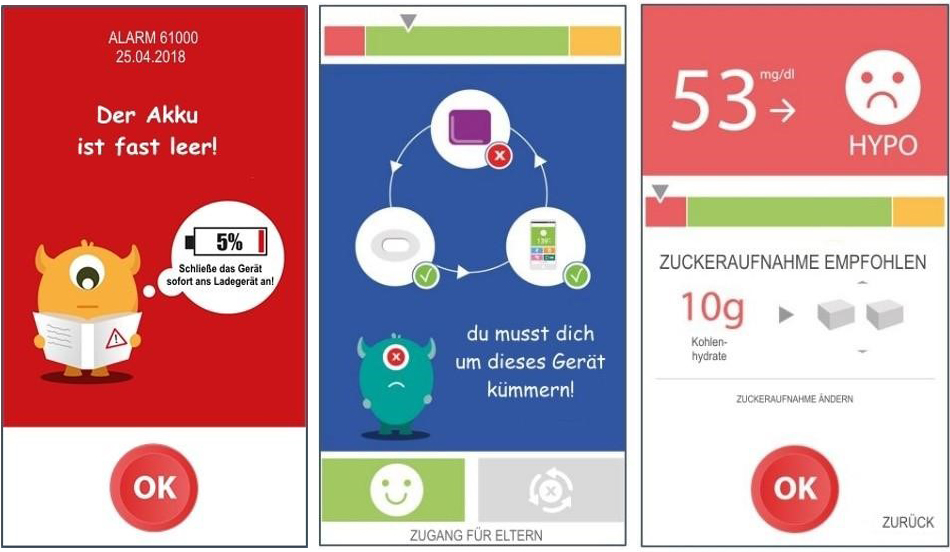The artificial pancreas developed for children with Type 1 diabetes
D4Kids will enhance and adapt an advanced artificial pancreas, the Diabeloop DBLG1 System, to the needs of children with Type 1 diabetes. Based on clinical evidence, and co-creative consultations with families and other stakeholders, D4Kids will boost pediatric care and improve the quality of life of diabetic children and those who care for them.

Origins
Diabeloop DBLG1 System, a portable artificial pancreas that helps adults with severe diabetes to maintain a healthy level of insulin, has proven to improve users’ quality of life. Historically, pediatricians and parents have cited a need for an artificial pancreas for children. The Daibeloop system’s good clinical outcomes, interoperability with diverse components, precise algorithm, and possibility for personalisation, make it a premium candidate for adaptation to children’s needs.
Team
Partners behind the adult artificial pancreas are CERITD, for clinical expertise; CEA-Leti and Diabeloop SA, for technology and algorithms development in a common lab; and Diabeloop SA as manufacturer of the medical device. For the Kids version, KU Leuven expands expertise in pediatric diabetology, and contributes to clinical trials. PROFIL integrates the experience of key opinion leaders and expertise in the patient journey and diabetes management in Europe.
The project
D4Kids works to provide children with the benefits of the Diabeloop artificial pancreas. The Diabeloop system comprises three components operating in a closed feedback loop, with little human intervention. The Continuous Glucose Monitoring sensor follows the blood sugar levels. A sensor transmits the glucose data to a terminal. A software on the terminal runs algorithms simulating human physiology and calculates how much insulin is needed, and the insulin patch pump provides the user with the prescribed amount.
D4Kids tailors the interface to its diverse users, making it accessible to parents, children and caregivers. A living lab with clinical experts provided guidelines and specifications. User trainings follow a co-creative approach, that lets the audience suggest improvements – to ensure a most effective integration of the system to the living situations of children and their families.
Well-trained users are key for the adoption and therapeutic success of such an innovation. The D4Kids Innovation Project will also analyse the market penetration beyond France, with a focus on key opinion leaders, major national diabetes associations and the patient’s journey.
Impact
D4Kids will revolutionise insulin therapy treatment for children with Type 1 diabetes by making the artificial pancreas available for them. The artificial pancreas system promises to drastically improve the quality of life for children and families by:
- reducing the burden of children, who will be more able to attend school and play with their friends;
- strengthening the chances of a positive outcome at the onset of a life time of continuous treatment.
Why this is an EIT Health project
EIT Health chose to support this project as it addresses the needs of a vulnerable group, children. This project is also in keeping with the EIT Health Focus Area of “Bringing Care Home”, because an artificial pancreas can make it possible for young patients with severe diabetes to stay out of the hospital and stay at home.
Members

Partner classification: Education, Research
KU Leuven (together with University Hospitals Leuven) is a research-intensive, internationally oriented university that carries out excellence-driven research in health and care and is dedicated to build bridges between science, society and industry.


CLC/InnoStars: France
Partner classification: Research, Tech Transfer, Clusters, Other NGOs
The CEA is a public organisation,leader in research, development and innovation, active in 4 main areas: low-carbon energies, defense and security, information technologies and technologies for health, promoting the transfer from research to industry.
Key Activities in Business Creation
Incubation, Technology Transfer
